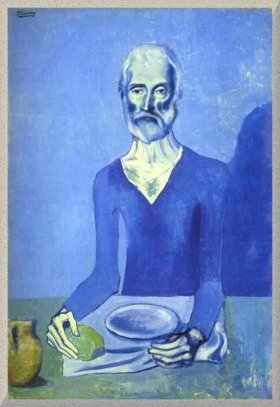Dissolve any alienation, resentment or contempt within you towards others. Find through contemplation a means to evoke good will for the benefit of all.
Meditation: LA721-920325: for the Intuitive Intellect
See Yogi Bhajan’s quote for today
See Previous reading
See related posts
59 – Fifty-Nine Huan / Dissolution
Wind carries the Mists aloft:
Sage rulers dedicated their lives to serving a Higher Power and built temples that still endure.
The King approaches his temple.
Success if you stay on course.
You may cross to the far shore.
SITUATION ANALYSIS:
Walls meant to protect have instead separated and isolated.
Your defenses have kept you apart from those whom you most need to touch.
Whatever the reason for discord between you, it is time to lay down your arms.
Dispel the inflexible demands and fears of the Mind so that you may reunite in the Heart.
If you have begrudged, forgive.
If you have torn down, repair.
If you have injured, heal.
If you have judged, pardon.
If you have grasped, let go.
Nine in the second place means:When his dreams evaporate to mist on the breeze, he returns to his well of strength. At the dissolution |
| When an individual discovers within himself the beginnings of alienation from others, of misanthropy and ill humor, he must set about dissolving these obstructions. He must rouse himself inwardly, hasten to that which supports him. Such support is never found in hatred, but always in a moderate and just judgement of men, linked with good will. If he regains this unobstructed outlook on humanity, while at the same time all saturnine ill humor is dissolved, all occasion for remorse disappears. |
20 - Twenty Kuan / Contemplation
The gentle Wind roams the Earth:
The Superior Person expands his sphere of influence as he expands his awareness.
Deeply devoted to his pursuit of clarity and wisdom, he is unconscious of the inspiring, positive example he is setting for others to emulate.
You have cleansed yourself; now stand ready to make your humble, devout offering.
SITUATION ANALYSIS:
The situation marks a rising to new heights.
As you climb for a better view of the panorama, you make yourself more conspicuous to those below.
This hexagram is also known as the Watchtower, because the shape formed by its lines resembles the ancient guardposts manned by Chinese soldiers.
These towers were placed on mountainsides to give a better vantage point.
To those below, the watchtowers served as landmarks to help them find their way.
The quality of your search for clarity in this situation serves as such a guidepost for others along the Way.




